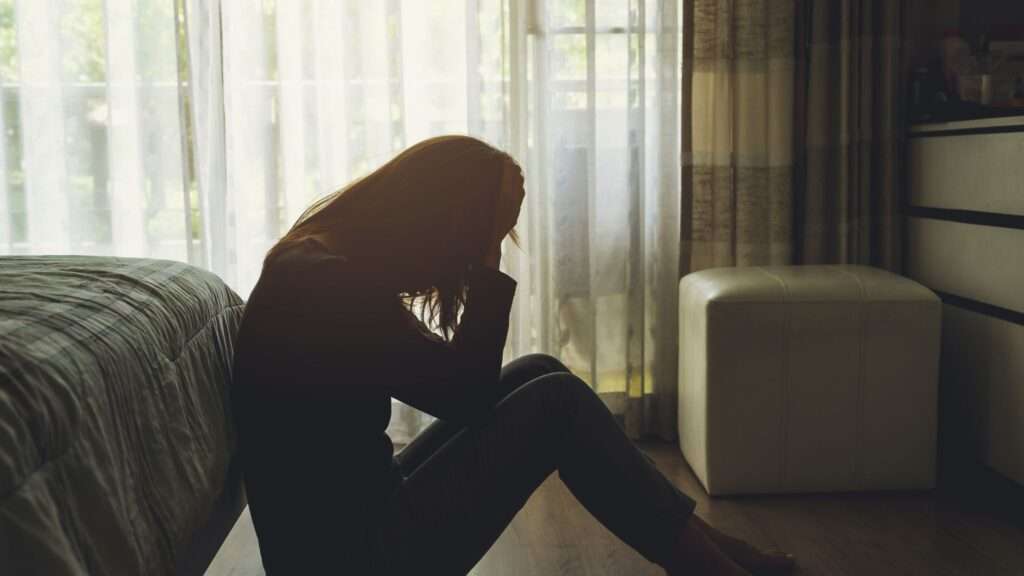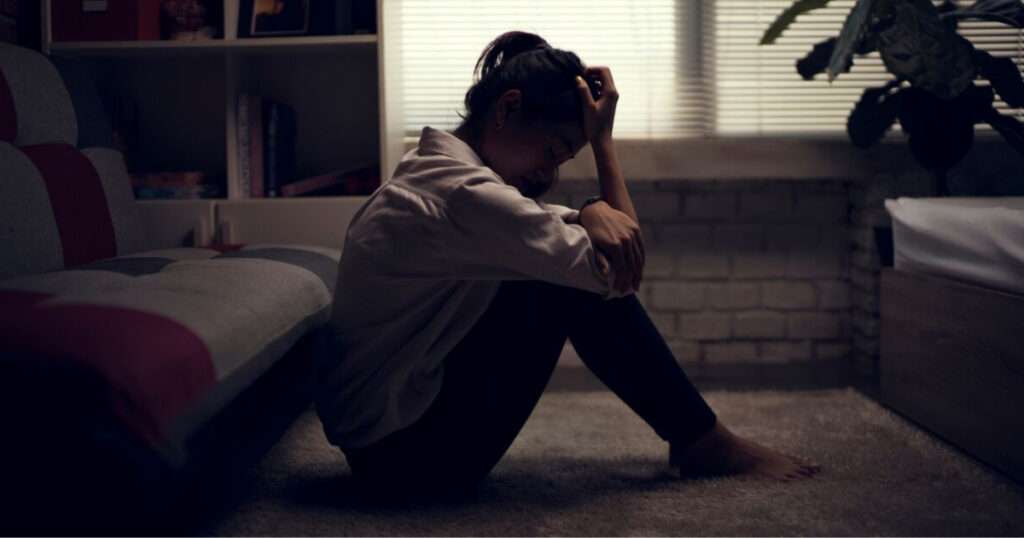According to research, many young people are affected by Post-Traumatic Stress Disorder, with the majority of instances going undiagnosed. According to projected numbers, 311,000 16 to 24 year old in England and Wales suffer from PTSD, with the majority of cases being connected to violent crime.

However, 70% of instances of PTSD go unaddressed due to a lack of knowledge of the signs and challenges in diagnosing the condition. Examination of studies from King’s College, and data from the Office for National Statistics revealed that, the NHS could save £2.4 billion in taxpayer money, if it provides additional timely therapy.
“When untreated, PTSD becomes a chronic condition. It becomes highly disabling. People’s lives can be fundamentally changed,” said Dr. Michael Duffy, a psychological trauma specialist at Queen’s University Belfast. Duffy continued that, it might be more widespread in places of extreme socioeconomic disadvantage.

According to Duffy, PTSD sufferers must endure protracted wait times for therapy in addition to challenging diagnosis. Due to a fast worsening problem in children’s mental health, certain areas of the UK now have three-year waiting lists for access to Child and Adolescent Mental Health Services (Camhs).
Following his PTSD treatment for the first time, rapper Konan shared his experience of dealing Post Traumatic Stress Disorder. Kona said, he began experiencing symptoms such as flashbacks, anxiety, paranoia, wrath, and strong emotions of guilt, for more than a decade, after gang members chased and busted into his house, and shot his mother and killed his stepfather.
Konan stated that, he suspected most people he knew suffered from PTSD. “They don’t understand how it’s affecting how they move through life now they’re adults. The first step is to be aware of it.”

Moreover, he learned how to put his behavioral responses into context, recognize his triggers, and understand the life events that have influenced them through therapy.
“The therapy has made me open doors that, I’ve had closed for a while. It’s made me more emotional. I’ve been taking in things and feeling a lot more. During this whole period, I learned to shut everything out and it made me a bit numb. I wasn’t feeling happy about things I was achieving, but when I sat in therapy sessions, the therapist told me that, because I shut off sadness, I couldn’t take in happiness.”
Konan, Rapper.
Additionally, previous studies revealed that, adverse childhood experiences, such as bullying, can have a lasting negative impact on an individual’s life, resulting in lower self esteem and worse physical health. Attempts at suicide, self-harm, not in education, employment or training (NEET) status, and juvenile delinquency are all much more common in young individuals with PTSD.
Following the pandemic, trauma is also believed to be on the rise, with the NHS projecting that, lockdowns led to 230,000 additional cases in 2021.
In England and Wales, the rate of PTSD among women between the ages of 16 and 24 is estimated to be 13%, greater than the rate among British war veterans from Iraq and Afghanistan, according to other statistics calculated for the program.

Prof William Yule, emeritus professor at King’s College London, said PTSD may emerge after frightening or life-threatening situations, but it could also occur after relatively typical occurrences, such as a car accident or a violent crime.
“Children often try not to upset their parents and play down their feelings. Parents can underestimate effects on children and hope that the distress will simply go away. Many adults are wary about talking to the child about a horrible event in case the child gets upset whereas talking openly can be helpful.”
Professor Emeritus William Yale of Kings College, London.
Early assistance from a psychologist accompanied by cognitive behavioral therapy helped children who were having trouble talking about a traumatic experience or feeling intrusive recollections of it, he added.
READ ALSO:Sall Declines Third Term Bid























